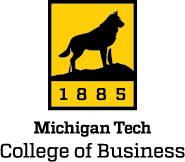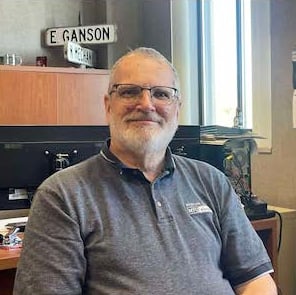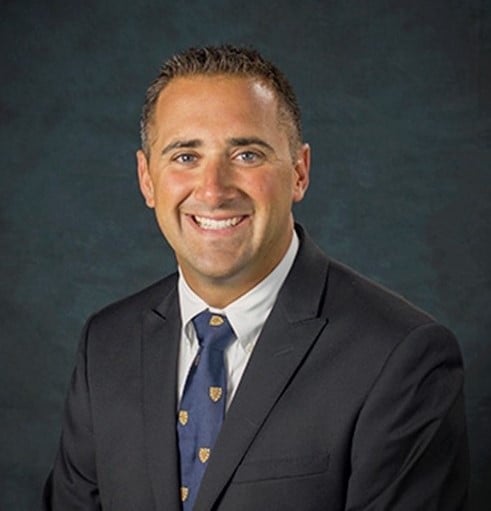
Michigan Tech alumni Denny Socha ’86 (BS in Mechanical Engineering) will present a lecture on Thursday, October 10, 2024, at 9:30 am in ChemSci 101. The talk is part of a Principles of Marketing (MKT3000) class instructed by Junhong Min, Associate Professor of Marketing.
In his talk, Socha will discuss STP marketing—Segmentation, Targeting, and Positioning— a marketing model that helps businesses identify and target their audience, and position their products to be more effective.
Also, on October 10, Socha will share his career success journey with the American Marketing Association (AMA) student organization at 5:30 pm in AOB 101. Pizza and drinks will be served.

Michigan Tech alumni Denny Socha ’86 (BS in Mechanical Engineering) will present a lecture on Thursday, October 10, 2024, at 9:30 am in ChemSci 101. The talk is part of a Principles of Marketing (MKT3000) class instructed by Junhong Min, Associate Professor of Marketing.
In his talk, Socha will discuss STP marketing—Segmentation, Targeting, and Positioning— a marketing model that helps businesses identify and target their audience, and position their products to be more effective.
Also, on October 10, Socha will share his career success journey with the American Marketing Association (AMA) student organization at 5:30 pm in AOB 101. Pizza and drinks will be served.
Rajath Nagaraj ’21 MS in Data Science will present a talk by on Monday, September 23, 2024, from 12-1 pm, in MEEM 403. His talk is titled, “Nagaraj will discuss, “Navigating Project Management in Data Science and Exploring Al Innovations in Insurance.”
The talk is presented by the Institute of Computing and Cybersystems’s Center for Artificial Intelligence.

Michigan Tech alumnus Jon Dowling ’80 BS in Civil Engineering and ’82 Master of Business Administration, has retired from the city of Jackson, Michigan, after a more than 31-year career with the city, and as city engineer since 1999. During his service to the city, Dowling managed numerous significant construction and infrastructure improvement projects.

Michigan Tech alumnus Jon Dowling ’80 BS in Civil Engineering and ’82 Master of Business Administration, has retired from the city of Jackson, Michigan, after a more than 31-year career with the city, and as city engineer since 1999. During his service to the city, Dowling managed numerous significant construction and infrastructure improvement projects.

The College of Business invites alumni and friends to an Open House during Michigan Tech’s Alumni Reunion 2024. The event takes place Friday, August 2, 1-3 pm in the Academic Office Building. Light refreshments will be served.

Congratulations to Scott Blecke ’13 TechMBA®, who has been named CEO of Yampa Valley Electric Association, a member-owned electric cooperative based in Colorado. Blecke has more than 20 years of experience as a strategic engineering executive.
From Steamboat Pilot & Today, published July 3, 2024.
The board of directors for member-owned co-operative Yampa Valley Electric Association has named a new CEO, Scott Blecke, a professional engineer from Michigan.
The CEO role includes overseeing Luminate Broadband, and Blecke will start at YVEA on Aug. 19.
“It was an extensive process,” YVEA Public Relations Specialist Carly Davidson said. “We spent the last 5-6 months working with our consulting firm to narrow our list of approximately 200 to our final selection.”
YVEA Board President Tom Fox made the hiring announcement during an all-employee meeting on Wednesday.